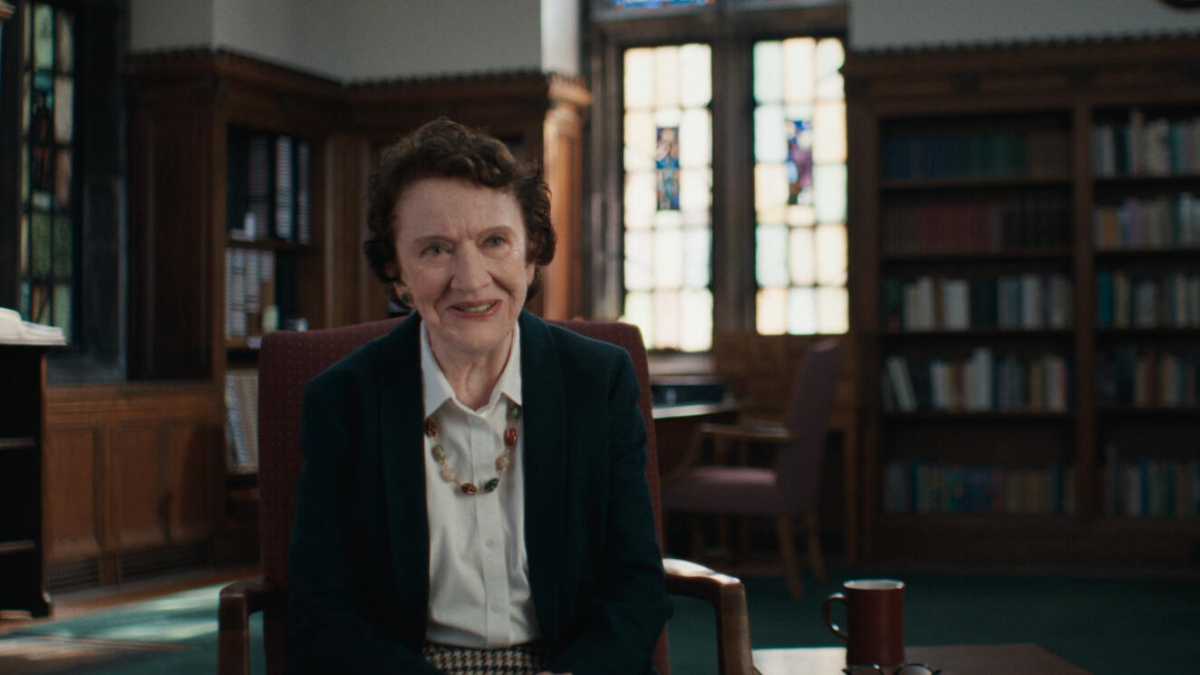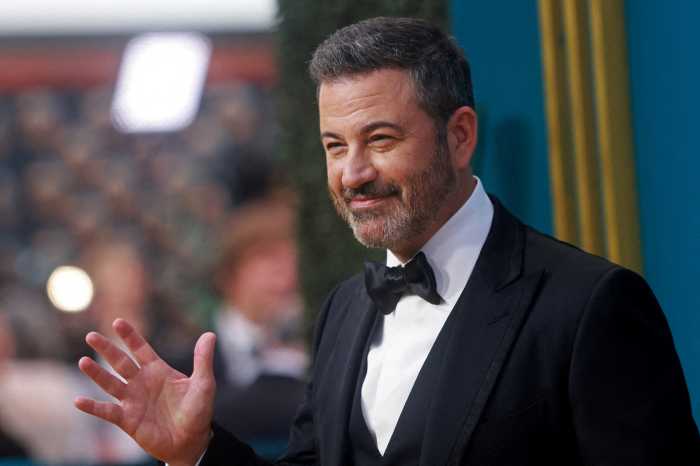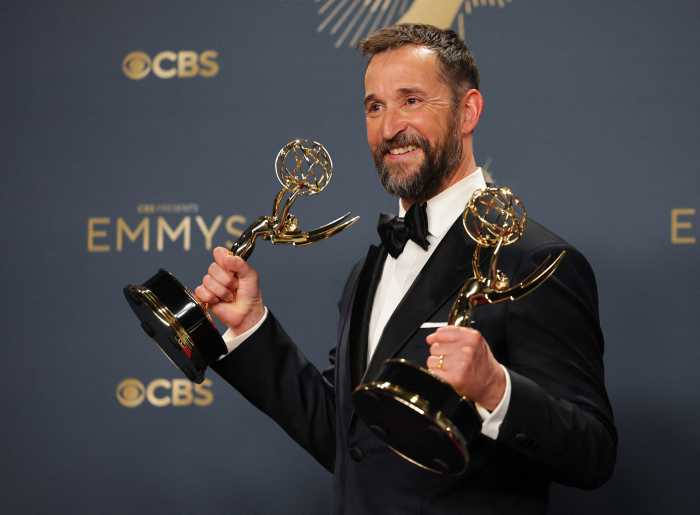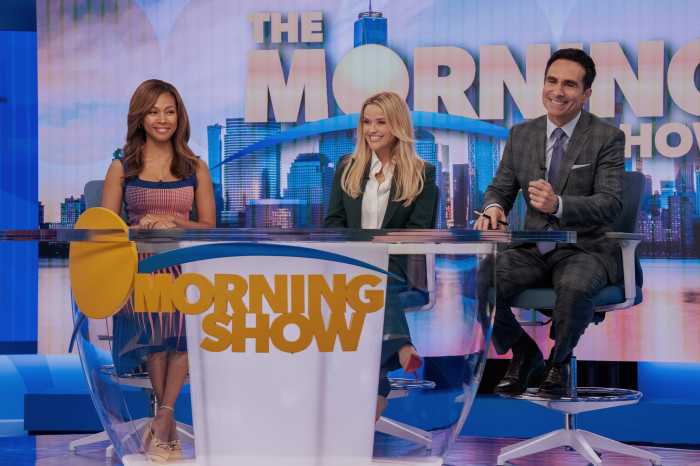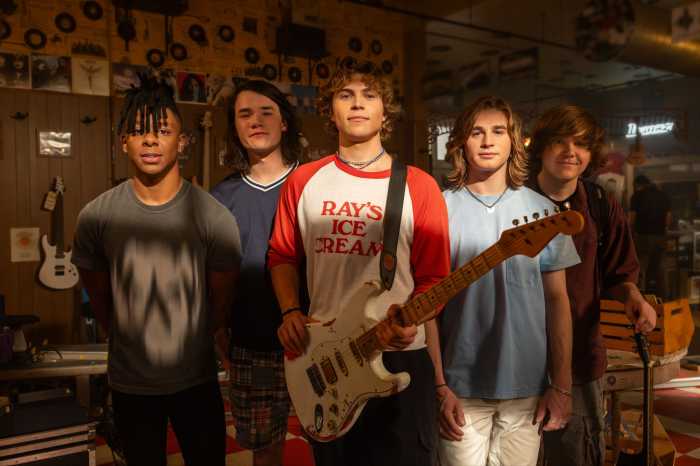‘Mastermind: To Think Like A Killer’ has dropped all three episodes on Hulu, and this docuseries examines the impact of one woman— and to put it simply, our society’s relation to crime would not be the same without the work of Dr. Ann Burgess.
Burgess and sociologist Lynda Holstrom worked together in the 1960s with rape victims to find out the impact the trauma caused, and also, quantify their experiences to gain insight into offenders. That work went on to become noticed by the FBI, and before long, Burgess was working with the Bureau’s Behavioral Science Unit to identify perpetrators of sexual assault and eventually, serial killers. Burgess has worked on a myriad of cases and sat across interviewing many notorious names like Ted Bundy, the BTK Killer and John Joubert to use research to not only gain insight on these offenders, but also to think like them, making criminals easier to identify and catch.
What stands out most about Burgess, however, is not only her impact on the world of crime and her efforts leading to changes in rape cases and the Me Too movement, it’s really her empathy for people and her desire to stand up for those who can’t stand up for themselves. To chat more about her life, career and the docuseries ‘Mastermind: To Think Like A Killer’, Burgess sat down to share more on her story.
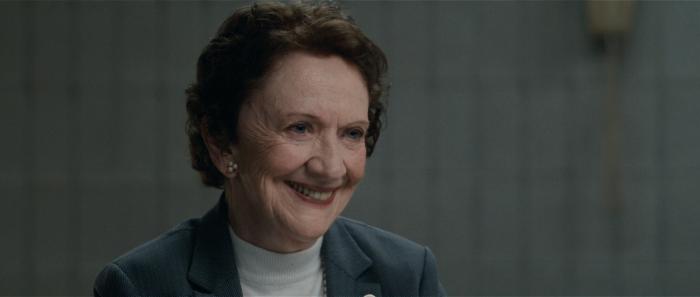
What were your thoughts when you first heard that this docuseries was being made?
I was delighted, we’ve been working so long for many years and to finally have the story out on the docuseries was wonderful. It was a great, great treat for me.
Were there certain things you wanted to make sure were covered in ‘Mastermind’ about your life/career?
Yes, I definitely wanted nursing…that was the important thing, that I’m a nurse. I often may not be typed that way, but I really wanted to be able to say what we do in nursing—I don’t think a lot of people understand the wide range that we have. [There’s] forensic nursing, and psychiatric nursing, of which I would say that’s my main specialty. That was important to me.
Moving to your work with the FBI, I’ve often wondered when talking about serial killers why there was such an uptick in the 70s and 80s. Do you have some insight on that?
Well, I think the culture and our society had a lot to do with it. I think that we began to see some changes from the 60s on and people were not paying attention to a type of person that would commit more than one murder. I think there were at least 14 in one year in the 80s— that’s a lot of serial killers. [We] never could prove how many there were, but I know for a lot of years in that time, that was what was going on. That’s a story that had to be told.
Throughout ‘Mastermind’ we see a few different cases examined from the Ski Mask Rapist to the Menendez brothers. But I’m curious if there is a case in the series that you think people might be surprised at with some of the information they’re given?
[The Menendez brothers], that was a major and an important case that we looked at. It still was a hidden type of case, people didn’t like to talk about that kind of abuse going on in a family. So with both a family as well as a father-son kind of abuse, and then the psychological abuse was just as important in molding those brothers into the acts that they committed.
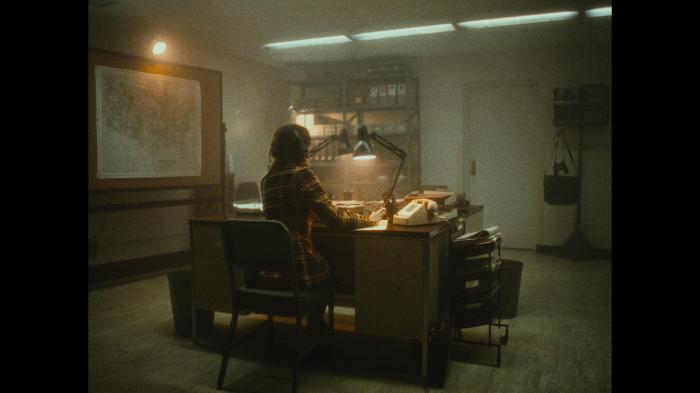
The police weren’t aware of it, they should have picked it up much earlier that the brothers had done this rather than let it go on for six months. And then of course, there was a lot of overlay and problems that resulted to that. There are a lot of stories to tell about it, and I think it’s interesting that now in 2022, more information came out about the case. So it’s resurrected it a bit. And young people looking at the case have a lot of questions about it that weren’t there back in the 90s.
How does it feel for you to see the ripple effects of the work that you did with the BSU still being used to this day?
I think that’s a credit to the FBI Academy. They were the ones that put in fairly quickly what they call a profile coordinator in every major city. That was a big step forward because just to get new positions in the government is hard, let alone into the FBI. So that showed me that they really did care about making as much progress as they possibly could. That was important.
Another facet to ‘Mastermind’ is your early work with rape victims. So for you, getting to see the Me Too movement, how did that feel?
I think the reason that the story needs to be told from a nursing standpoint is Lynda Holstrom and I, [we] started seeing victims coming into the Boston City Hospital, and it was the nurses that were now in strategic hospitals around the country that were able to get their own rape crisis centers going.
It’s a good example of where a network can take the work that they feel is important and implement it in. The nurses were the ones that wanted to be the sexual assault examiners, and that is something that any nurse can learn from. They don’t have to be a psych nurse or a forensic nurse, but it’s open to all specialties in nursing.
I think they made the difference of getting the saints, as we call ’em all throughout the country and internationally. And some of the early forensic nurses have made real inroads into other countries around the world.
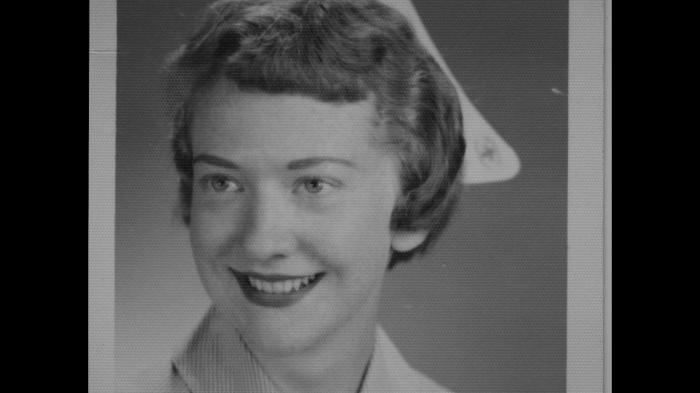
Someone said in the docuseries, “Could you imagine what the world would be like today without the work that Ann Burgess did?” Have you ever thought about that?
You don’t think about those things that you’re doing… you just do your work. But that’s important. Would we still be back in the 70s and the 80s if we hadn’t done the study? I don’t think there is another study that really looked at it from the perspective that we did, Lynda and I. So I think that’s important.
The other important thing is the interdisciplinary work. We had to work with other people like law enforcement and mental health. Lynda was a sociologist, I was a nurse. We even wanted to write a paper, “Can a sociologist and a nurse, work together?” We never wrote the paper, but we certainly did the work.
What do you hope people take away from the series after getting to watch it?
I think the important message is that we want victims to come forward. We want them to get the help that they need. And it’s very hard, I don’t think that we’ve made a lot of progress in that area. It’s a tough topic to bring up, people still have myths about it. So we need to do better in that area. And I just hope that this will help victims, [so they can] find somebody at a hospital, find a nurse, and they’ll be able to tell what happened to them.
‘Mastermind: To Think Like a Killer‘ is now available to stream on Hulu.



